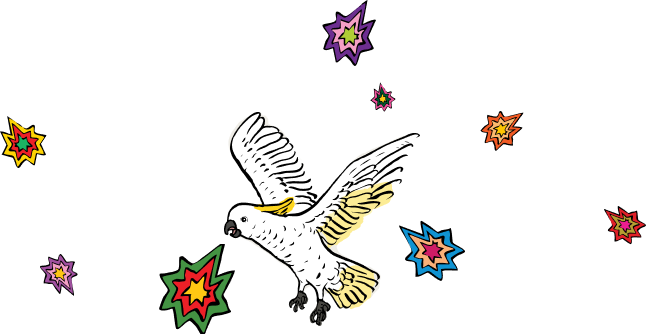Reviewed by: mindshare
Review by Tabitha Lean |
06 March 2024
In a world where stand-up comedy tip toes the thin line between humour and taboo, particularly when it discusses race, the unapologetically bold performance by six women from India, Pakistan, and South Asia offered a refreshing and uproarious exploration of their experiences of living in the colony that is Australia. The act, which delves into the intricacies of navigating the tumultuous waters of love, disappointment familial expectations and surviving racism was a rollercoaster of laughter, insight, and unfiltered authenticity.
As I walked into Nexus and looked around me, I was so pleased to be at a Fringe show and as a Blak woman, not to feel like a minority – the audience was full of Blak and brown people. The comedians had drawn a crowd of people that wanted to hear ‘brown women turn family expectations into comedy gold.’
Comedian after comedian took to the stage fearlessly tackling topics like divorce, disownment, racism, disappointment, all the while weaving personal narratives through their stories creating this rich tapestry of humour that transcended cultural bounds. Their ability to navigate these sensitive themes with grace and wit not only showcased their comedic prowess but also underlined the universal aspects of the human experience. The stage became a platform for shared laughter and understanding, and I realised how much in common Aboriginal mothers Aunties and Grandmothers have with Indian mothers, Aunties and Grandmothers!
While the stand-up set did not explicitly delve into mental health issues (as this review is intended to address), it subtly touched upon the profound importance of community and family support in the face of life's challenges. It provided a different lens through which to view well-being. It challenged the narrative that self-care is a solitary journey and reinforced the idea that, for many of us, particularly those of us who are Blak or brown, the foundation of mental health lies in the bonds of family and community. In fact, for myself, my wellbeing is deeply intertwined with the collective care of my family and my community. This act highlighted this, and specifically, it highlighted the strength derived from shared experiences, emphasizing the resilience found in unity.
As cultured people, we do not exist in isolation or without our people, we exist with and for our people. While the comedy show hinged greatly upon and made fun of the stories of mothers and grandmothers and their antics; the deep love these comedians have for the care and love of the matriarchs in their families was so clearly evident. They showed us that we exist because of the love and expectations of our families. We simply are because of them.
The humour emanating from the stage was not just a source of entertainment, but also a balm for the soul. I loved hearing the laughter echoe through the venue knowing that it wasn’t just coming from the Indian and South Asian audience, but also the White audience, and I loved it because the humour was transcending cultural nuances. The comedic tales of love, identity, and familial expectations resonated with everyone in the audience, creating an atmosphere of camaraderie.
Ultimately, what unfolded on that stage was not just a comedy act but a celebration of diversity, resilience, and the unbreakable bonds that define our sense of belonging. For those in the audience, the laughter was not just good for the soul; it was a reminder that, in the face of life's challenges, the strength of community and the joy derived from shared experiences are invaluable treasures for mental well-being.
PS: Kru, this Aboriginal reviewer particularly appreciated your joke about White people stealing our stuff! Keep those jokes coming!




